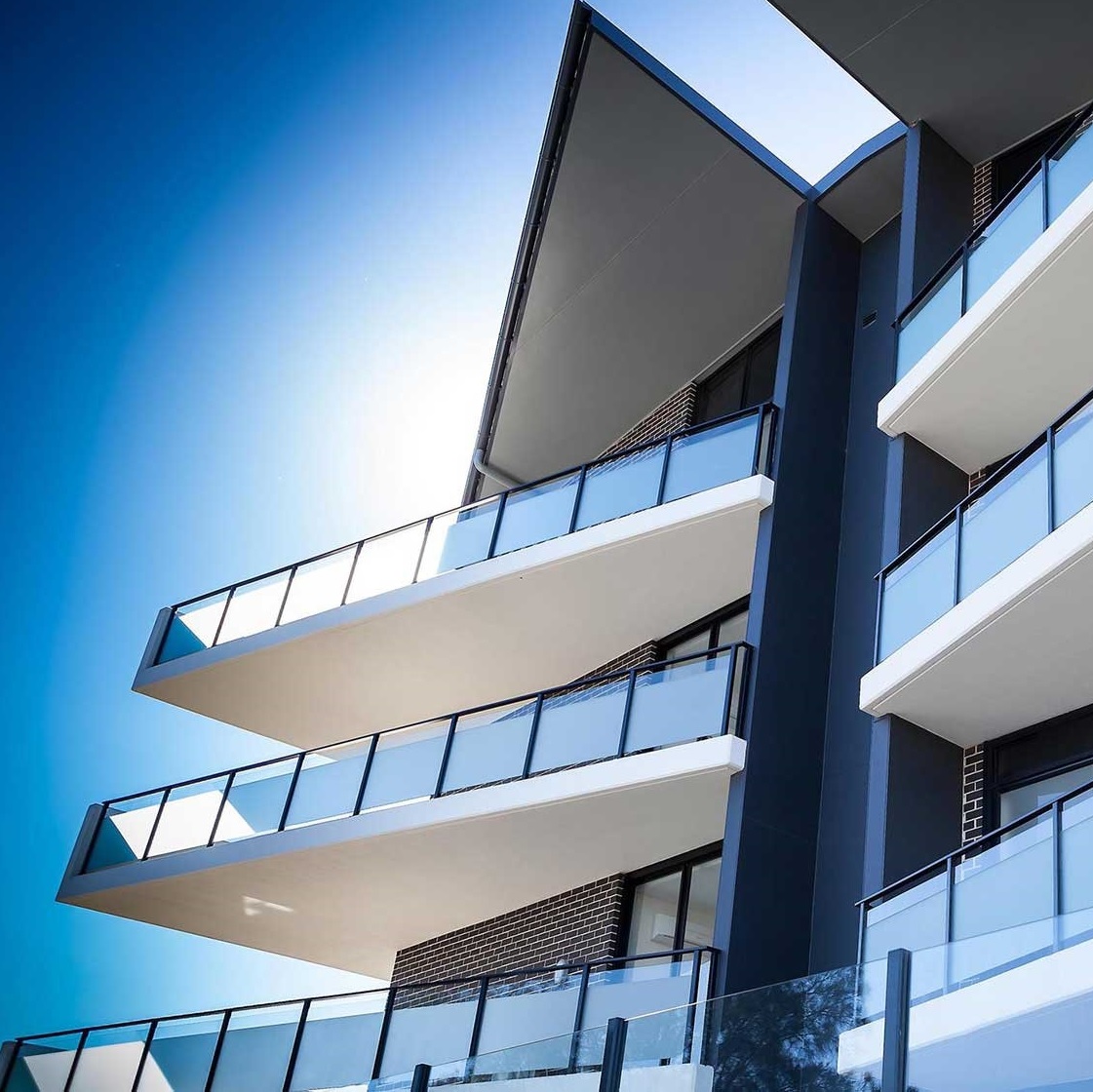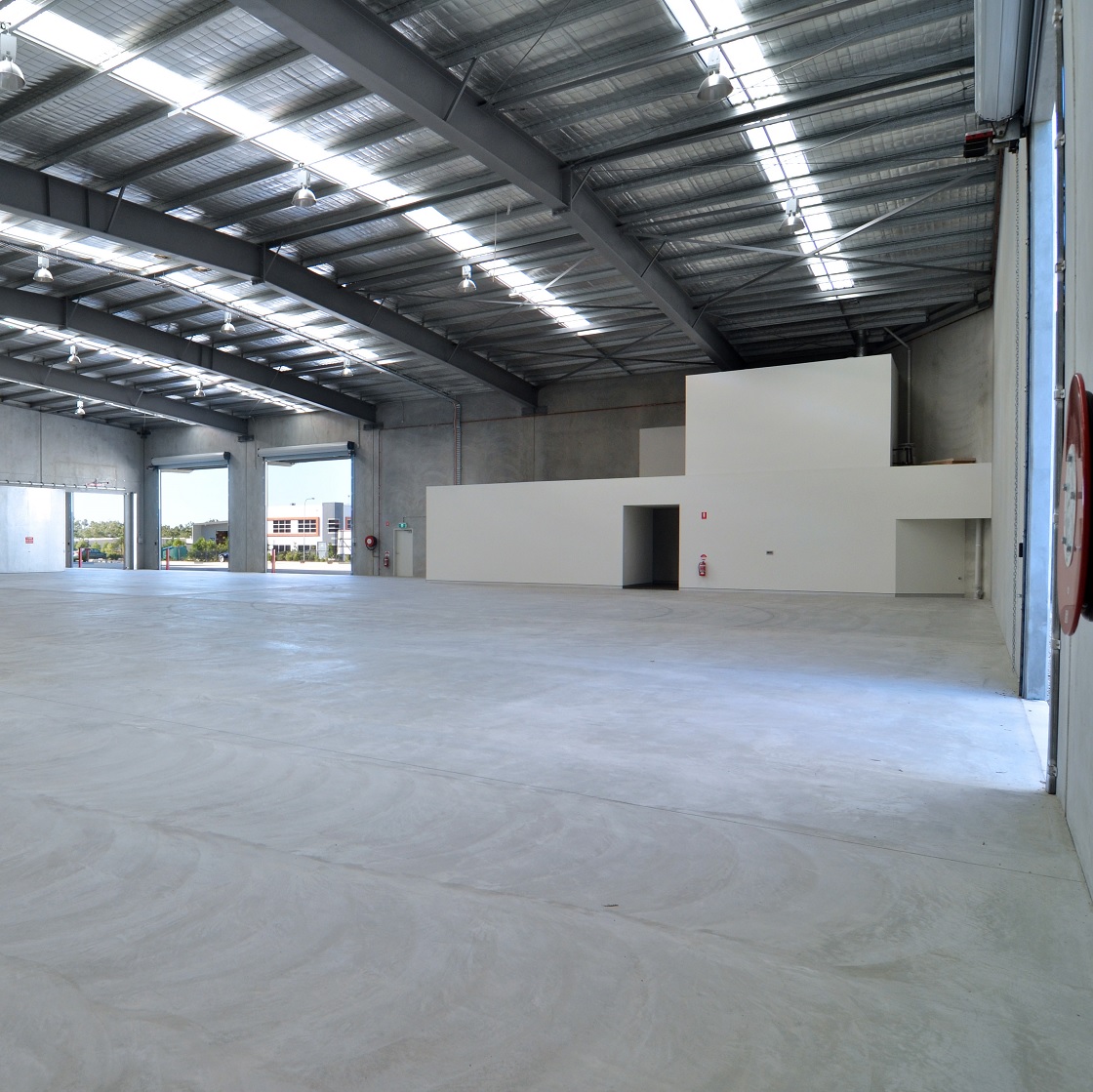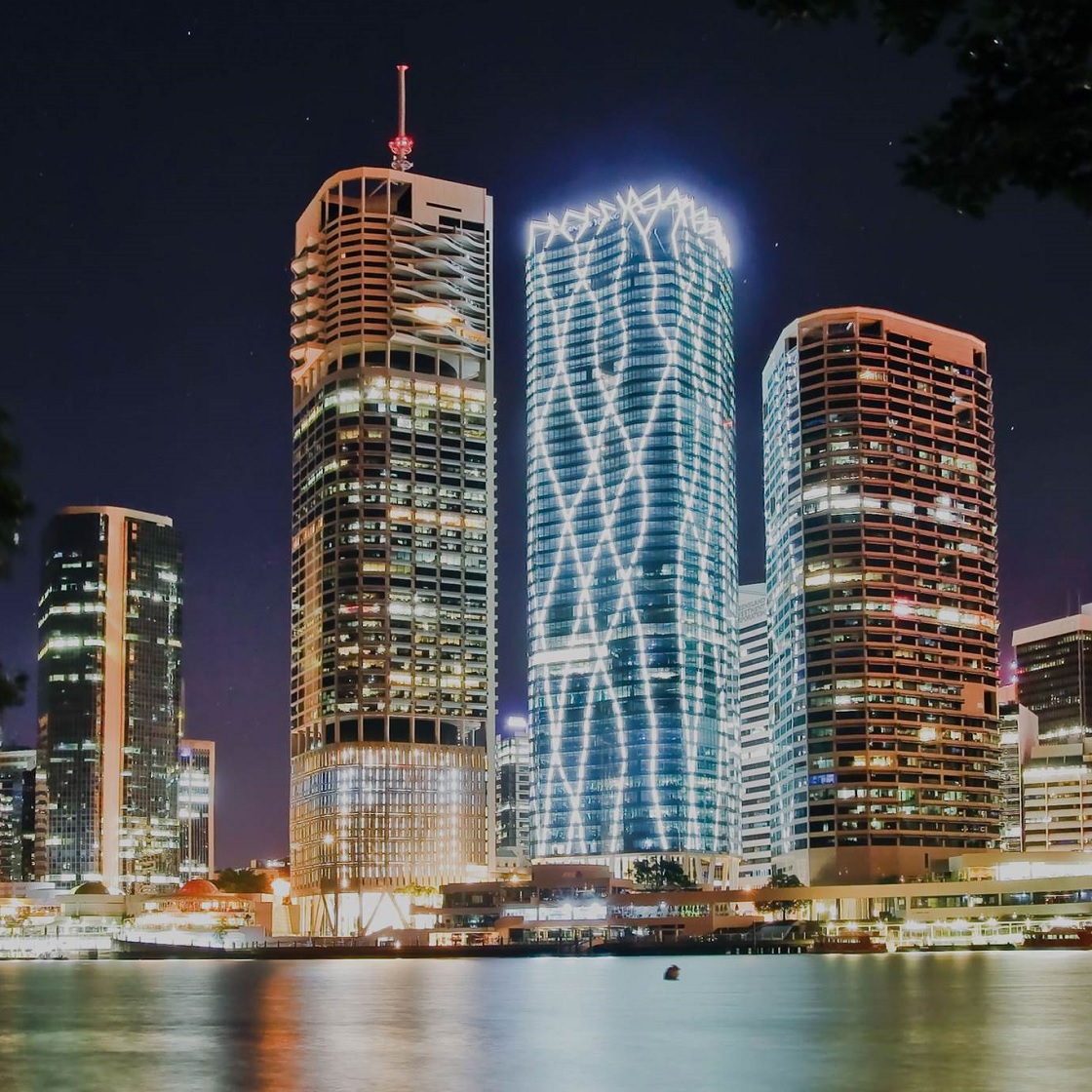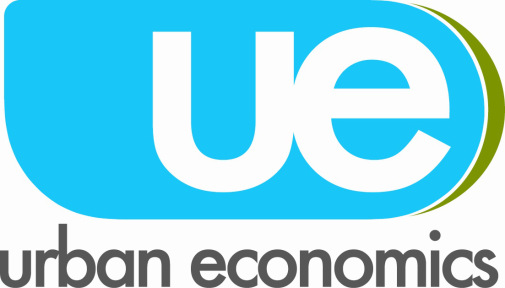Property Sectors
The Urban Economics team has enjoyed the application of market and economic advice to a broad range of property developments including shopping centres, commercial office buildings, business parks, traditional industrial estates, technology parks, logistic hubs, airport cities, child care centres, mining camp accommodation facilities, retirement villages and aged care facilities, self storage complexes, medical and specialist suites, educational facilities, sport and recreational facilities, theme parks, hotels, student accommodation complexes, taverns, clubs etc. Our team has considerable experience in the provision of a broad range of services to the retail, residential, commercial office, industrial, tourism and hospitality sectors.

Retail
The retailing industry is a diverse, evolving and dynamic industry. Urban Economics employs a variety of primary and secondary research tools in providing insights to, and critiques of, this challenging market sector, including our extensive databases on shopping centre performance, shopper behavior and household expenditure patterns, as well as floorspace and land use surveys for centres throughout Queensland and northern New South Wales. Our clients include retailers and franchisors, developers, shopping centre management, investors, financiers and state and local authorities. We have augmented our Australian knowledge through international experience of major shopping destinations such as New York, Dubai, London, Shanghai, Hong Kong, Tokyo, Singapore and Paris, having visited some of the world’s largest and most exciting shopping centres, lifestyle centres and main streets.
Our retail expertise spans:

Residential
The residential sector is often regarded as a key barometer for how the economy overall is performing. Ensuring the product mix, its positioning and price points are meeting target market expectations, is fundamental to delivering a viable development and optimising returns. Population growth rates, the competitive environment, economic outlook, demographies and buyer motivations are all intrinsic to understanding a development's optimal marketing mix.
Through application of quantitative and qualitative research, Urban Economics has extensive experience in consulting to the residential sector, from input to product design, testing feasibility to buyer research, need analysis and 30 year planning strategies.
Our expertise has been applied to a variety of studies of the residential property market including:
Urban Economics also maintains a quantitative database of resident profiles, needs and expectations for target markets of particular product types such as rural residential estates, retirement villages and workers camps compiled through residential opinion surveys.

Industrial
The industrial sector has evolved beyond its traditionally noxious and “dirty” persona, to embrace a more diverse array of uses, employment activities and amenities. Urban Economics has collected and collated considerable data that examines these trends, critiques underlying demand and supply drivers and considers the employment land implications of industrial development.
Studies and services that have been provided to the industrial property market include demand and feasibility assessments, need assessments and business case studies for:
Urban Economics has also provided strategic planning input through the preparation of employment strategies, economic strategies and industry land strategies.

Commercial
The office space market in SEQ has been dominated by the Brisbane CBD and near City markets, although emerging “push and pull” factors such as congestion, occupancy costs and parking availability are increasingly challenging this primacy. The performance of the commercial office market has traditionally correlated with movements in the economic cycle, with strong growth in employment demand, fuelling demand for commercial office space. Understanding demand drivers such as employment growth, sectorial changes and technological improvements and their influence on takeup rates and patterns within the commercial office market as well as these push/pull factors is therefore critical to assessments of supply conditions such as vacancies, rental levels and stock additions.
Analyses of demand and supply trends are augmented by quantitative and qualitative surveys with businesses and employees to identify building/space requirements, location attitudes, services/facilities required, parking and transport logistics etc.
Commercial office markets in CBD and near city environments, as well as emerging regional activity centres, and regional towns throughout Queensland have been examined through the application of market feasibility studies, need assessments, strategic advice and development strategies.
Our experience spans:

Tourism & Hospitality
Urban Economics has undertaken a number of analyses of a diverse array of activities within the tourist and hospitality sector, including testing the demand and feasibility of a range of tourism related products, identification of regional economic and tourism strategies, and need assessments to accompany material change of use applications. Projections of visitor numbers, daytripper surveys, competitor analyses are tools germane to assessing opportunities in this sector.
Urban Economics's consulting and market research services for this sector have been applied to:

Health & Education
The wellbeing of the mind, body and spirit is a significant growth sector, with institutions recognising and seeking to capitalise on their intrinsic contribution to their communities and economies. New knowledge precincts, wellbeing communities and health hubs all embrace the opportunities in the health and education sectors. Urban Economics has considerable experience in examining the factors that influence the demand and need for "grass roots" facilities eg. child care centres and medical centres as well as critiquing demand drivers, catalysts and outcomes of multi-faceted, masterplanned health, education or new knowledge precincts.
Our economic consulting and market research services have been applied to examining:
Great work and couldn't have asked for better. Will happily recommend you and your firm to anyone requesting this kind of work....
Karen Jaques
Clanwilliam Healthgreat
Heidi Meyer
Badderam Eco Luxe Resort
